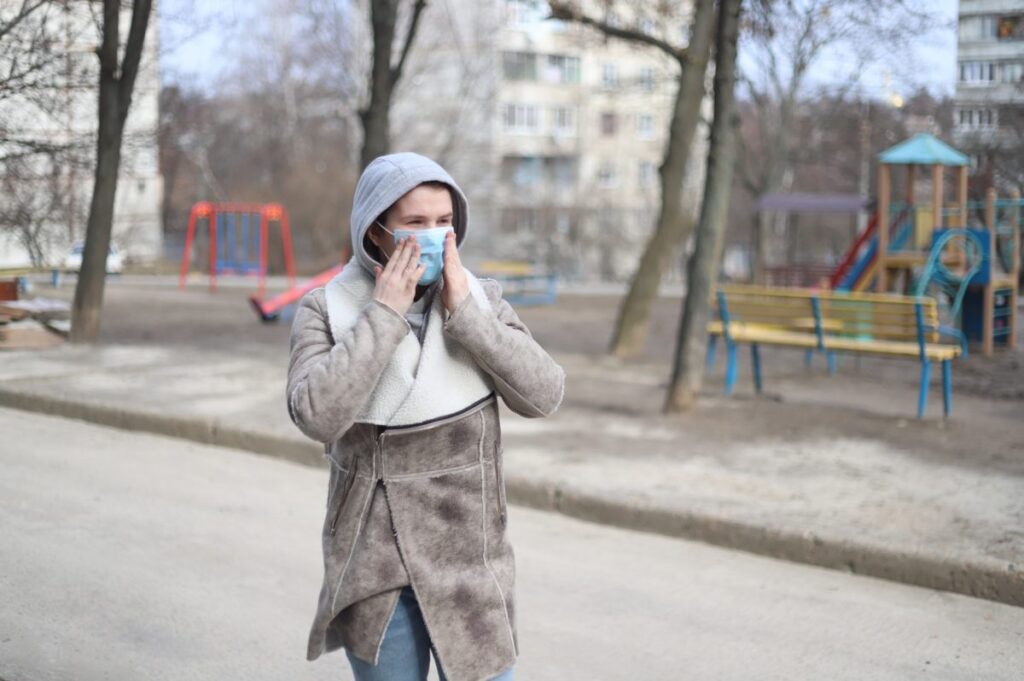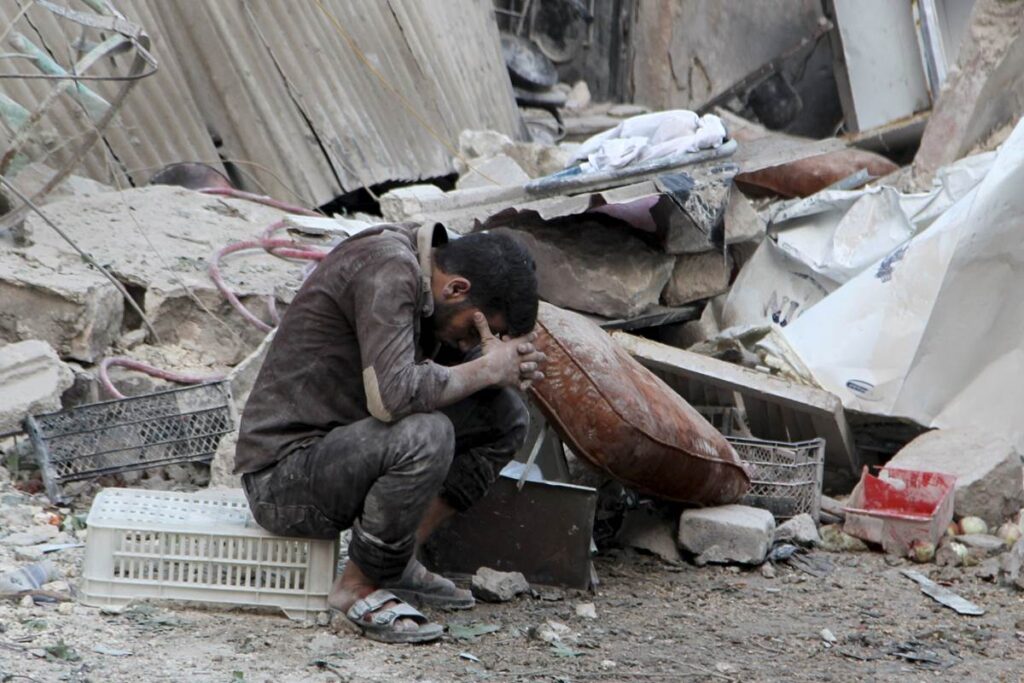Article by Marco Crescenzi, President of Social Change School
The black swan is a metaphor for a systemic and financial crisis that comes as a surprise and creates large-scale impact, like the one in 2008 (“Black swan theory, postulated by Nassim Nicholas Taleb). Likewise, a green swan has taken the meaning of the same kind of event, the only difference being that said event is caused by environmental and ecosystem-based reasons.
A green concern has been growing for years in the world of finance too: Larry Fink, CEO of BlackRock, the world’s largest asset manager, focused on the possible financial consequences of climate change. On the 29th of September 2015, in front of the Lloyds of London, the outgoing Governor of the Bank of England Mark Carney was already giving the speech “Tragedy of the Horizon”, urging the largest insurance giants to act fast and fight climate change, as they would be the first ones to face the consequences of environmental disasters.
I believe the Coronavirus crisis can certainly be considered an environmental emergency, whether it was generated because of poor food chain management (bat hypothesis) or by the genetic manipulations of a superpower (conspiration hypothesis). To the many things we are learning and that a great number of optimists have already been enumerating, I would like to add a couple more:
- The fragility of the ecosystems, whether they are subject to viral or climatic agents, like Venice’s severe flooding, Australia’s fires, the destruction of the Amazon rainforest or tornadoes, the pollution of the sea because of plastic waste and of the air because of carbon dioxide.
- The extreme interconnection between us all, the whole humanity, on this fragile boat (our global ecosystem) on a sea that is getting stormier and stormier. In a recent exchange with Daniela Fatarella (new CEO of Save the Children Italia), we discussed how this situation will hopefully make us all realize how interdependent we are, all of us, all over the world, with the same fear and the same hope.
What should we do? Some ideas stand out to me from these obvious points, regarding us, as citizens and consumers, and the collective action. These become possible actions, simple ones, and if internalized in our daily habits can become trends that can bring on a green cultural evolution (which has already started in our youngsters).
- A first focus is on the potential of our individual behaviour. As the importance of our individual behaviours and responsibility was demonstrated to be fundamental to isolate the virus, in the same way we can “isolate” maladaptive consumption and “bad” products. “Voting with our wallet”, strongly and seriously influencing corporate policies of multinationals and investment funds gives us a great amount of power. These are social actors that I do not see as enemies, but inside a green alliance that also needs to include the more distant ones as part of the solution.
- A second more operative focus, still strictly related to the first one, is to go towards (or go back to) a circular green economy, starting from some simple daily behaviours: buying from responsible companies that have “green” as a core value and not only as a marketing tool; buying less and reducing food waste; consuming less meat coming from industrial farms, favoring more vegetarians and Mediterranean diets; reuse and recycle as much as possible. And it’s the same for companies: green sources, innovation (for example, with production processes that save water), systemic approach to recycling waste (with other producers that can value and use that waste).
- A third focus is to give attention not to the product or waste, but to the whole design of the production cycle. Also using important social innovations like blockchain to track the production and supply chain’s quality (ethical and green).
- As for collective action, I would expect a strong green awakening of nonprofit organizations, not just the environmental or the biggest NGOs, on the territories and supporting younger environmental movements. In a West that is imploding, we can’t just mind about what’s far away, when our own behaviours are what is causing the problem. It would be a major social schizophrenia and an incomprehensible a surrender of collective action.
So, here’s how the “green swan” could become more than a warning; a unique and valuable opportunity to seize, for all of us – citizens, companies, nonprofit, institutions and governments – to elegantly fly in a truly sustainable future.



